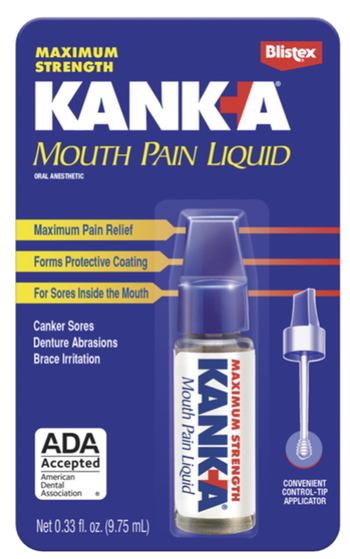
Kank-A Mouth Pain Liquid is for the treatment of canker sore pain and other abrasions inside the mouth.

Kank-A Mouth Pain Liquid is for the treatment of canker sore pain and other abrasions inside the mouth.

Spending 1 hour less sitting a day and increasing light physical activity helps prevent diseases, investigators find.

Individuals with college debt have a higher risk of cardiovascular illness, undermining the typical benefits of a post-secondary education, data indicate.
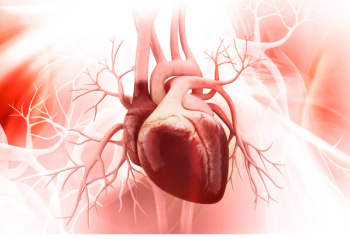
Mavacamten is a first-in-class selective allosteric modulator of beta cardiac myosin ATPase for the treatment of symptomatic obstructive hypertrophic cardiomyopathy.

The growth of telehealth during the COVID-19 pandemic has caused health care providers to search for innovative solutions for harder to reach patient populations.

Statistics indicate possible benefit of home-based palliative care interventions, according to study results from the Indiana University School of Medicine and the Regenstrief Institute.

Tea contains flavonoids, which are naturally occurring compounds that have antioxidant properties and provide bioactive compounds that help to neutralize free radicals.
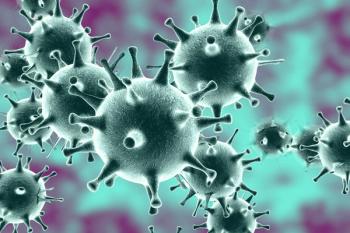
Findings show that key factors include age, infecting variant, underlying illnesses, and vaccination status.

Owning your time and scheduling self check-ins can help students avoid burnout.
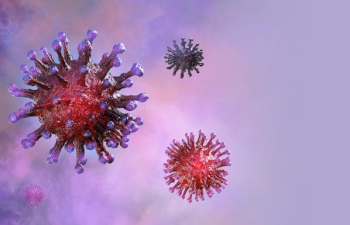
FDA action was based on an analysis for the risk of thrombosis with thrombocytopenia syndrome, a rare and potentially life-threatening condition that causes blood clots combined with low levels of blood platelets.
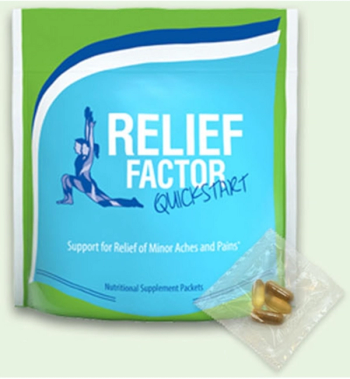
Relief Factor is a supplement that seeks to help users reduce body pains associated with daily living, aging, and exercise.
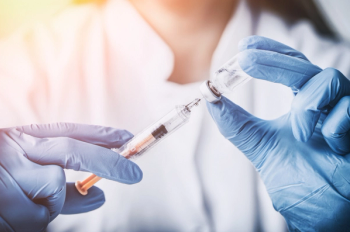
Even before the COVID-19 pandemic, vaccine hesitancy has been a challenge among adult patient populations.
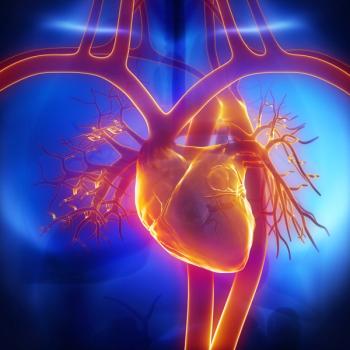
Analysis results show taking iscosapent ethyl reduces the potential for CV death, coronary revascularization, hospitalization for unstable angina, myocardial infarction, and stroke by 35%.

The companies expect to complete the submission to the FDA for MDD in the first half of 2022 and an associated filing for postpartum depression in 2023.
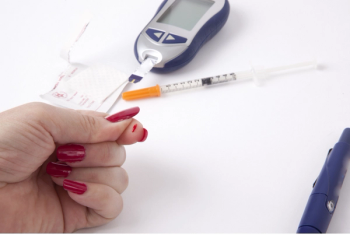
Pharmacists are well suited to help patients overcome the barriers that prevent access to therapy regimens.

In addition, YouTube can supplement and inform students’ academic experiences.

It is essential to change the way pharmacists address the needs of diverse populations.
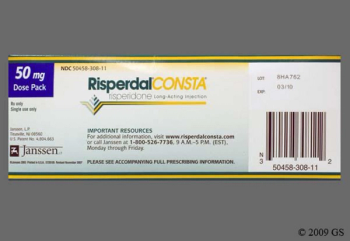
Risperidone (Risperdal Consta) is an atypical antipsychotic that can treat schizophrenia, bipolar disorder, and irritability caused by autism.
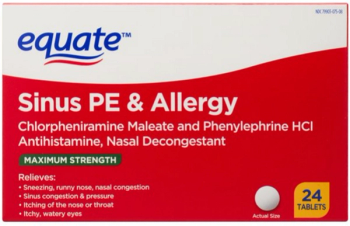
Equate Sinus PE & Allergy helps to alleviate itchy nose and throat, sinus congestion and pressure, and runny nose.

Investigators find that 1 45-minute session of moderate intensity exercise allows more exosomes to deliver the protein, ATP7A, directly to endothelial cells, which can help enable angiogenesis.

Although COVID-19 paused our original plans, we were ultimately able to reach more people than we ever could have via in-person presentations alone.
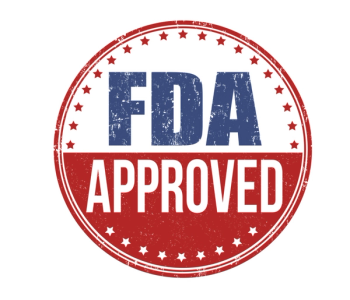
The Voquezna Triple Pak (vonoprazan, amoxicillin, clarithromycin) and Voquezna Dual Pak (vonoprazan, amoxicillin) were previously granted priority review designation by the FDA for H. pylori infection.
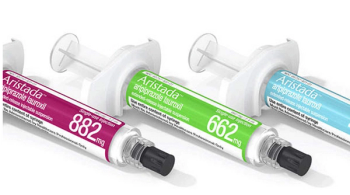
Aripiprazole Lauroxil (Aristada) is a long-acting injectable atypical antipsychotic for the treatment of schizophrenia in adults.
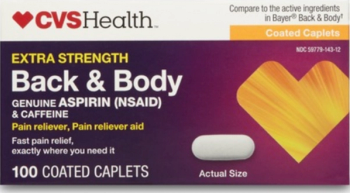
Extra Strength Back & Body pain reliever treats minor body aches.
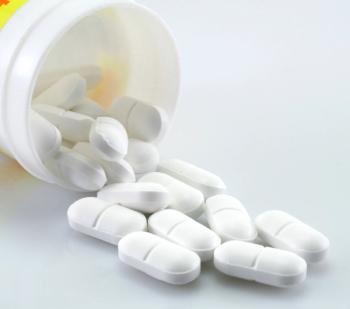
Community pharmacies may become generics-only dispensers unless manufacturers rethink the bifurcation of prescription drugs.

Results of a meta-analysis of randomized clinical trials published in JAMA shows improvement in 6 of 8 domains.

The FDA approved daridorexant in January 2022 to treat insomnia after it showed improvements in changes in latency to persistent sleep and wake after sleep onset.

For COVID-19 to turn into an endemic, there are a few criteria that must be met.

Legislation allowing pharmacists to prescribe contraceptives is becoming more widespread.

Cytisinicline demonstrated significantly better quit rates than placebo in 6 and 12 week trials.